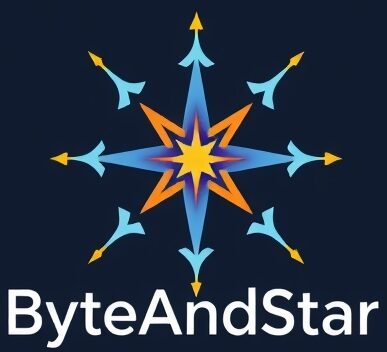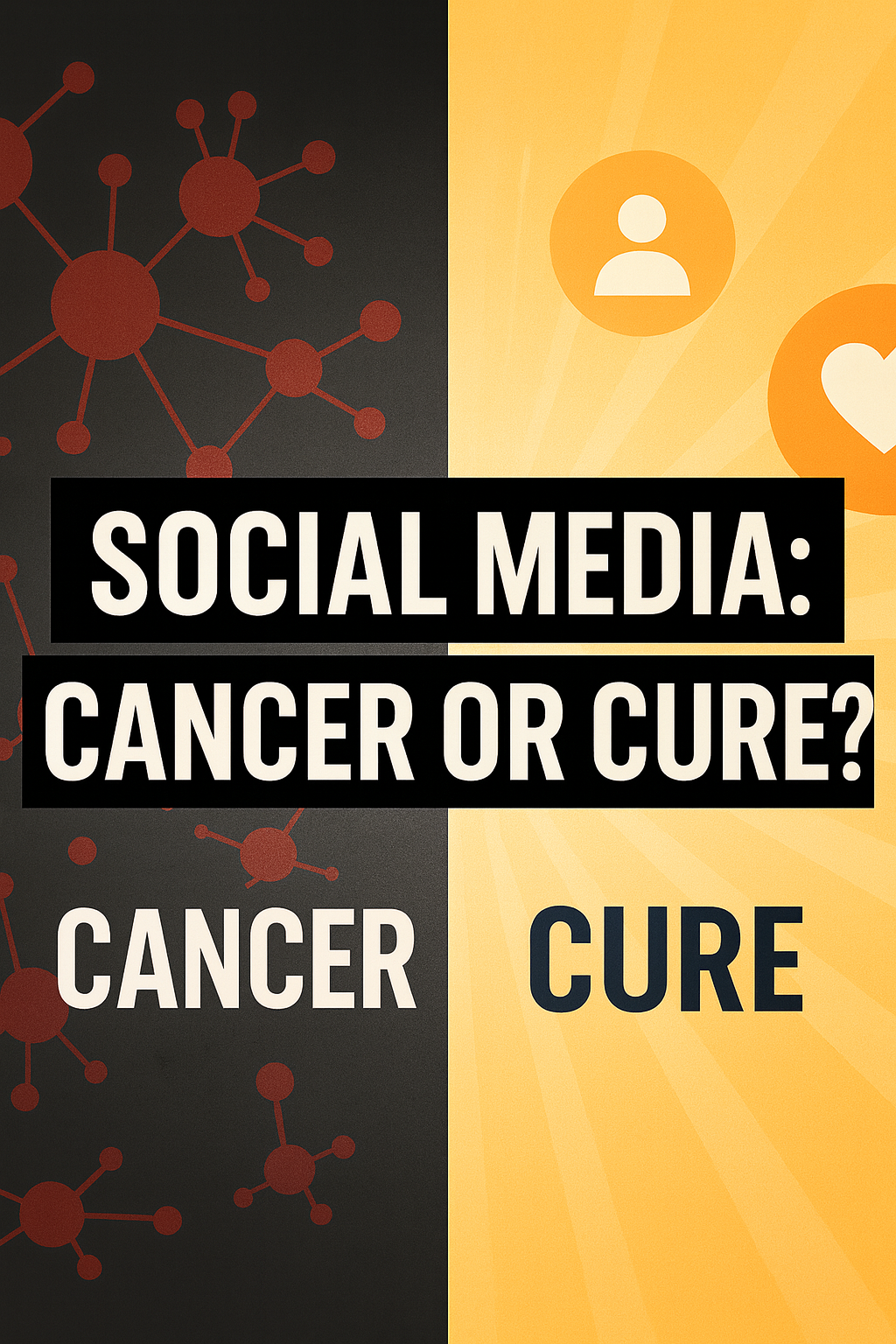🎭 Why People Call It a “Cancer”
You’ve probably heard someone say, “Ugh, social media cancer!” It’s not a medical term, of course—it’s a feeling. The way scrolling creeps into our lives, spreads quietly, and steals time we’ll never get back. One moment you’re checking your cousin’s wedding pics, and the next thing you know… it’s 2 AM and you’re knee-deep in cat memes and conspiracy reels.
But here’s the truth: social media isn’t all poison. Like medicine, it can heal or harm depending on the dose. So let’s unpack both sides.
📱 The Hidden Addictions – Doomscrolling on Repeat
Ever opened TikTok “just for five minutes”… then looked up to realize an hour had evaporated? ⏳ That’s social media cancer in action. The platforms are engineered like slot machines 🎰—every swipe a gamble for the next hit of dopamine.
Read Also
It feels harmless, like sneaking one potato chip. But soon you’re finishing the whole bag. The cost? Broken sleep, lost focus, and a brain that craves short bursts of stimulation instead of deep thought.
💔 The Silent Killer of Connection
Here’s the irony: social media connects billions, yet many feel lonelier than ever. Think about it—family WhatsApp groups overflow with “🌸 Good Morning” messages, but how often do we actually call our parents?
Teenagers compare their lives to flawless Instagram influencers, while adults silently measure themselves against LinkedIn success stories. Behind the filters and likes, many are whispering the same thing: I don’t feel enough.
That’s how social media cancer spreads—not loudly, but by quietly replacing real intimacy with digital validation.
📰 When Misinformation Spreads Like a Disease
Just like cancer cells multiply uncontrollably, fake news metastasizes online. A rumor, a misleading meme, or a doctored video can circle the globe before the truth even laces up its shoes.
Remember the viral “Tide Pod Challenge”? Or the flood of misinformation during the pandemic? 🚨 These aren’t just silly posts—they shape real decisions, fuel fear, and fracture trust in science, democracy, and even in each other.
This is where social media cancer isn’t just personal—it eats at society’s health.
🌟 Can Social Media Heal Too?
Let’s not ignore the flip side. For many, social media isn’t cancer—it’s oxygen. 🌬️
Think of grandparents seeing their grandchild’s first steps over a video call. Or global movements like #MeToo and #BlackLivesMatter gaining momentum because of hashtags. Students in rural areas learning algebra from YouTube tutorials they’d never get in school.
Used mindfully, social media is more like a cure: connecting, empowering, and giving a voice to those once unheard.
⚖️ The Double-Edged Medicine
Here’s the tricky part: medicine in the right dose heals, but too much can harm. 💊
A FaceTime call that warms your heart = healthy.
Four hours lost watching random reels = toxic.
It’s like junk food 🍟—not evil in itself, but dangerous if it becomes the main diet. Social media isn’t inherently cancer; it’s the overdose that turns connection into compulsion.
🧘 Digital Detox – Small Wins Against Big Screens
We can’t “cut out” social media from society like a tumor, but we can manage its impact in our own lives. Think of detox as daily vitamins for your digital health:
✨ No-phone dinners 🍽️
✨ App timers that remind you to step away ⏰
✨ Muting notifications that don’t serve you 🚫
Ask yourself before scrolling: Am I connecting, learning, or just numbing out? That tiny pause can be the difference between medicine and poison.
🔍 Reflection – Mirror, Not Monster
So, is social media cancer or cure? The truth is—it’s a mirror 🪞.
It magnifies what already exists in us: our longing for love, our craving for attention, our ability to build communities or spread chaos.
Calling social media only “cancer” oversimplifies it. It can be destructive, yes. But it can also be healing, uniting, and empowering. The bigger question is: How will you use it?
Because at the end of the day, social media doesn’t shape us—we shape it.
❓ FAQs
Because it spreads silently, consuming time, attention, and mental health—similar to how cancer grows in the body. The addictive design keeps users hooked.
Yes! Social media can connect families, spread awareness, empower voices, and educate millions. Like medicine, the right dose can heal.
It often fuels anxiety, low self-esteem, and loneliness. Comparing yourself to curated online lives can make you feel “less than,” even when you’re not.
Start with small steps: screen-time limits, muting non-essential notifications, and practicing “digital detox” habits like no-phone dinners.
Not exactly—it’s a mirror of society. It reflects both the best (connection, knowledge) and worst (misinformation, polarization) of human behavior.



